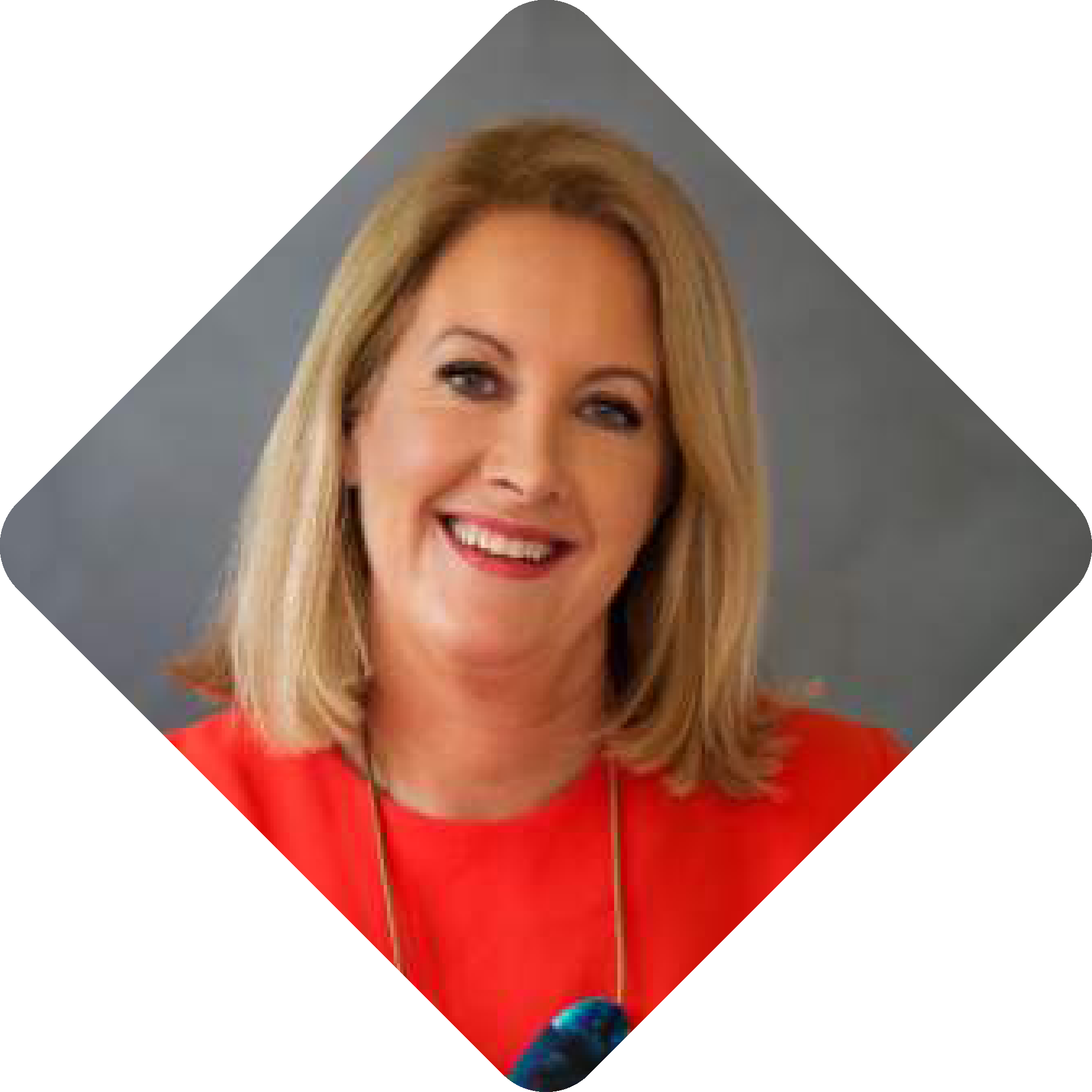ABOUT THE CHAMPIONS OF CHANGE COALITION
The Champions of Change Coalition is a globally recognised, innovative strategy for achieving gender equality, advancing more and diverse women in leadership, and building respectful and inclusive workplaces. In the strategy, men of power and influence step up beside women leaders. They form a high-profile Coalition to lead and be accountable for change on gender equality issues in their organisations and communities – be they local, national or global.
Members cover every major sector of the economy and include representatives from business, government, community, academic and not-for-profit organisations.
Formally engaging leaders, especially those with the power to drive change, is critical to address the systemic and societal issues relating to gender equality. Our Members recognise that gender inequality is a business, economic, social and human rights issue.
The work of the Coalition focuses on shifting the systems of gender inequality in the workplace and is backed by a proven methodology for increasing the representation of women in organisations and developing the conditions and cultures that enable them to thrive. Many of the actions developed and implemented as part of the strategy are now globally accepted standards for organisations wishing to become employers of choice for all.
The strategy engages Members as ‘champions’ not because they are perfect, but because they publicly commit to leading practical, constructive and disruptive actions to accelerate change.
Read More
Origins
The Champions of Change Coalition is the new name for the Male Champions of Change (MCC) strategy established in 2010 by then Australian Sex Discrimination Commissioner, Elizabeth Broderick, in response to the lack of women in leadership in Australia and a glacial pace of change on gender equality.
The Founding Group began with eight Australian business leaders and has since grown to a group of 23 CEOs, non executive directors and leaders from government, academia, and the military. New groups have also formed across different organisations, sectors, professions and geographies. The Coalition now encompasses 16 groups, amounting to over 250 leaders covering every major sector of the economy.
The strategy has gained international recognition as a high-impact model for engaging men of power and influence to drive progress on gender equality. For example, The UN Secretary General’s High-Level Panel on Women’s Economic Empowerment has highlighted the strategy as an opportunity for global scale-up. And since 2018, new groups have formed in Pakistan, the Philippines and across the Global Technology Sector.
As interest in the strategy developed, and the Coalition and its work expanded, Members and partners collectively agreed that the strategy had evolved to the extent that the name ‘male champions of change’ was no longer appropriate, especially as our Members were working side-by-side with many women leaders to accelerate progress.
In 2020, marking our 10th year, our Members supported a name change to: ‘Champions of Change Coalition – men stepping up beside women on gender equality’.
Our Founder
Elizabeth Broderick AO
Elizabeth Broderick AO has brought together captains of industry, sport, governments and Defence Force chiefs to address gender inequality in Australia and beyond. As Australia’s longest serving Sex Discrimination Commissioner (2007-2015), Elizabeth Broderick worked tirelessly to break down structural and social barriers faced by women and men, and to promote gender equality.
Our CEO
Annika Freyer
Annika Freyer is the inaugural CEO of the Champions of Change Coalition. Annika Freyer has led the development of a replicable and scalable model that has enabled the Champions of Change Coalition to grow from its Australia based Founding group to the internationally recognised social change coalition of more than 270 CEO-level leaders.
WHAT WE DO
The Champions of Change Coalition aims to achieve gender equality, advance more and diverse women into leadership, and build respectful and inclusive workplaces for the future. We also contribute to the goal of sustainable gender balance at Board level and in executive teams, through a long-term focus on achieving gender balance right across our organisations.
Creating the conditions and culture that enable all employees to thrive is critical. Even when organisations are closer to, or have gender balance, women can still face significant disadvantages. Our experience is that you cannot increase women’s representation without shifting entrenched workplace systems and practices that impede it. By doing so, conditions and cultures will not only serve to benefit women, but everyone these systems have traditionally worked against.
Our Members recognise the value of stepping up together to drive change on gender equality in their organisations, across specific sectors and throughout our community. Members meet together regularly in small action-orientated groups centered around a collective work plan, where they learn from and challenge their peers. As a Coalition we work collectively to publicly share our learnings and our progress. As individuals Members implement change within their organisations and publicly advocate for gender equality.
Our approach is based on a set of guiding principles which all members support. We listen, learn and lead through action, with a focus on five interconnected themes, which form our Action Pillars. We use measurable objectives, target specific outcomes and continuously monitor and assess the effectiveness of our work.
Accountability, transparency and “standing behind our numbers” are core principles for our Coalition. We share our information and resources widely for others to adopt and adapt, with the view to accelerating change.
THE CHAMPIONS OF CHANGE STRATEGY
Our approach is based on a set of guiding principles which all Members support. We listen, learn and lead through action, with a focus on five interconnected themes, which form our Action Pillars. We use measurable objectives, target specific outcomes and continuously monitor and assess the effectiveness of our work.


